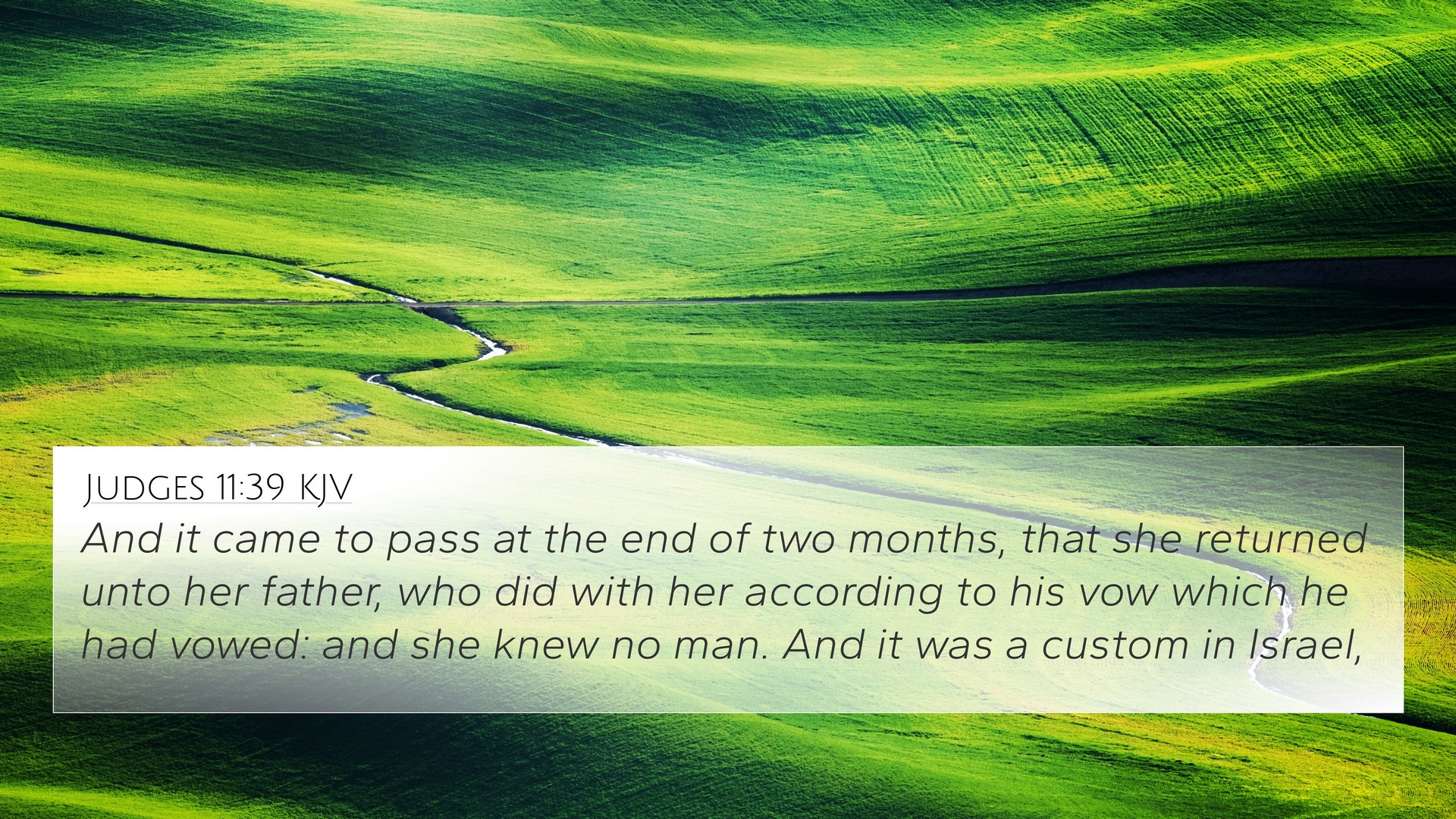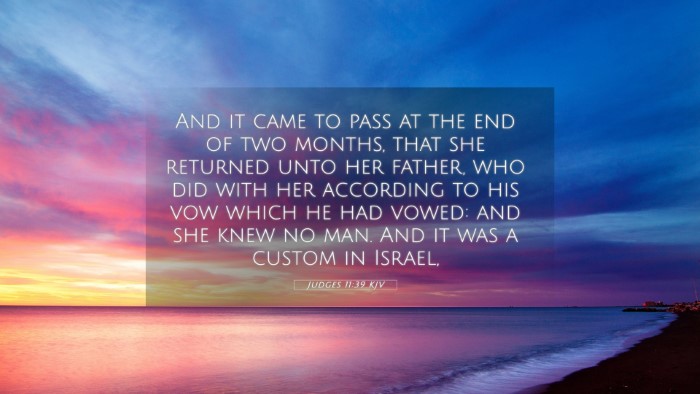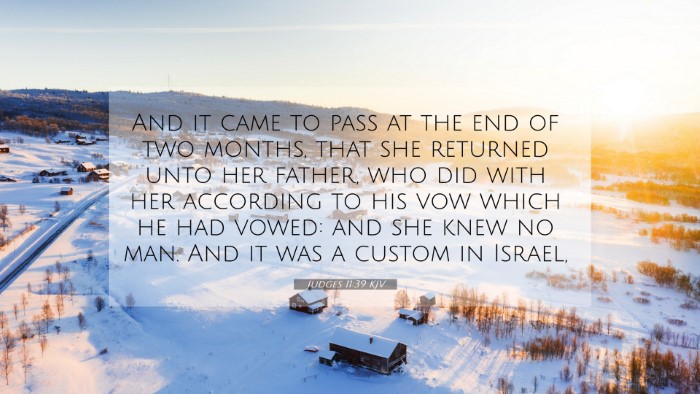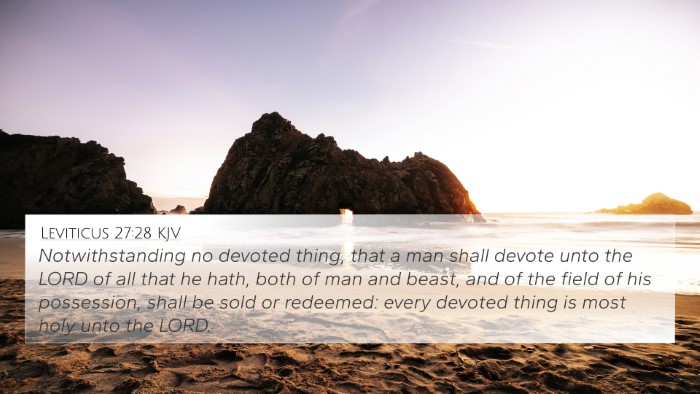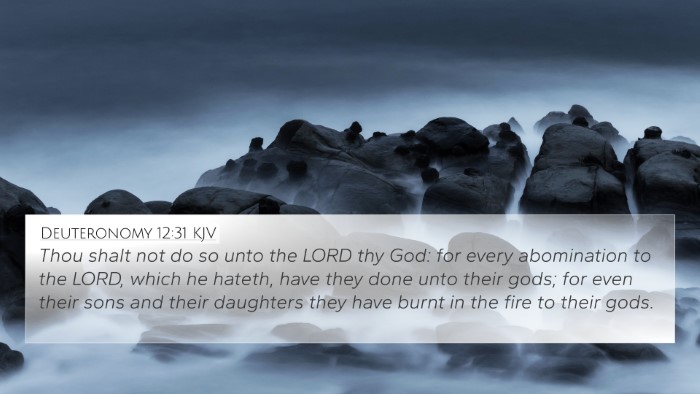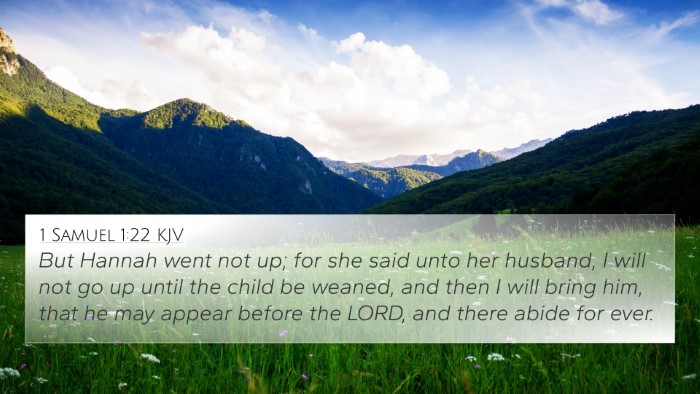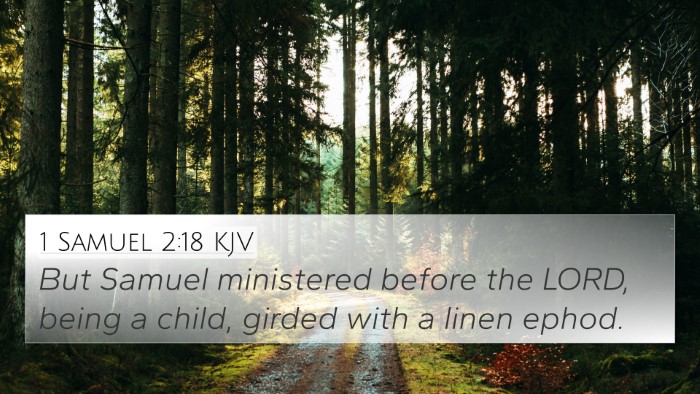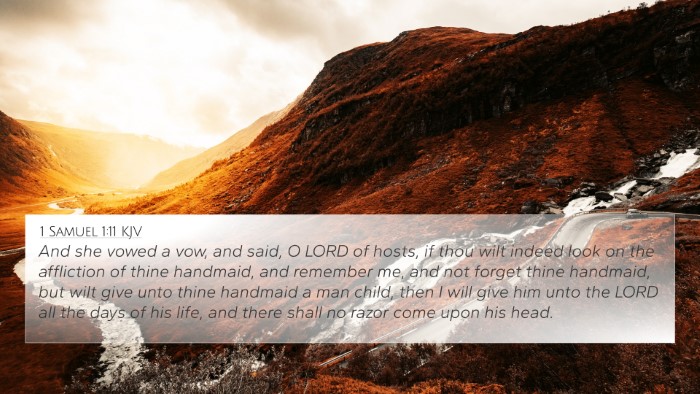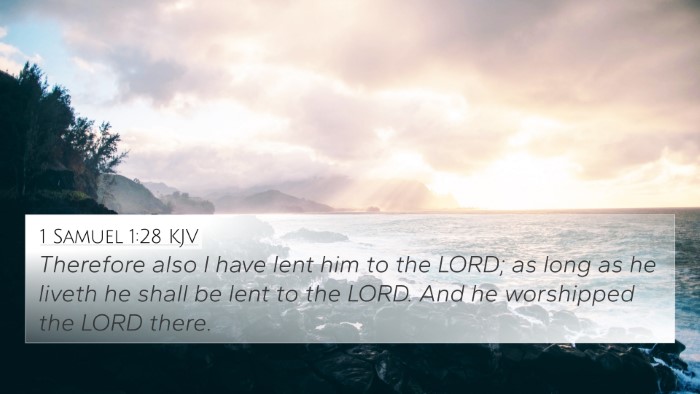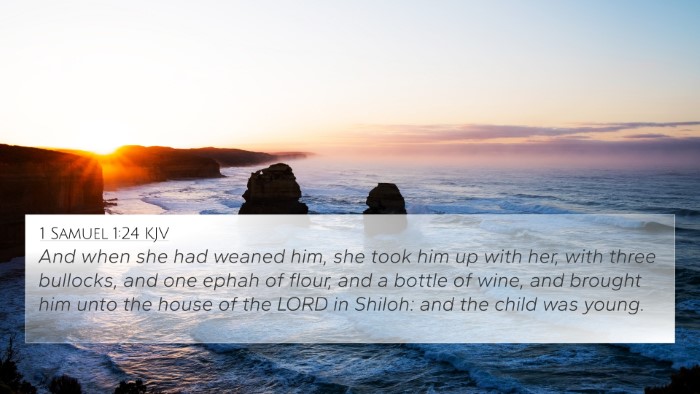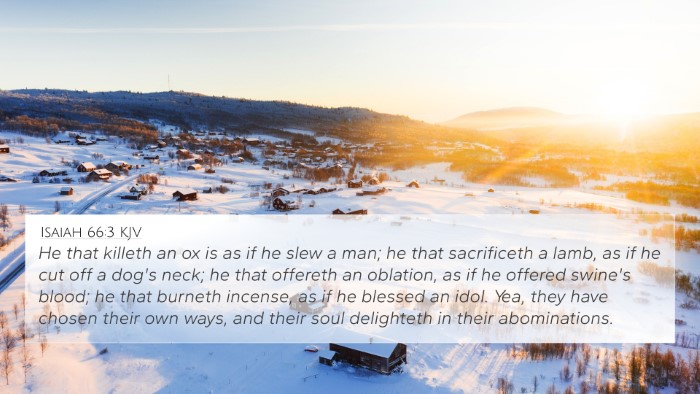Understanding Judges 11:39
Judges 11:39 reads: "And it came to pass, at the end of two months, that she returned unto her father, who did with her according to his vow which he had vowed: and she knew no man. And it was a custom in Israel." This verse concludes the story of Jephthah and his daughter, highlighting both the tragic fulfillment of a vow and the implications of such a promise.
Summary of Commentary Insights
This scripture passage draws on themes of sacrifice, dedication, and the consequences of rash vows. Public domain commentaries provide various perspectives on this poignant moment in Biblical history:
-
Matthew Henry's Commentary:
Henry emphasizes the gravity of Jephthah's vow and the sorrow it brought upon both him and his daughter. He insinuates that such vows can lead to tragic consequences, especially when made impulsively without strong consideration of their impact. Furthermore, he highlights the lack of direct commentary from the daughter, suggesting her acceptance of her fate.
-
Albert Barnes' Notes:
Barnes discusses the cultural context of vows in Israel, suggesting that Jephthah's promise may have been more symbolic than literal. He reflects on the communal aspects of such vows, considering how they relate to Israel's identity and religious practices. Barnes also alludes to the haunting silence of the daughter, which serves to heighten the emotional weight of the passage.
-
Adam Clarke's Commentary:
Clarke interprets this event as a cautionary tale regarding the making of vows. He stresses that vows should not be made lightly and that true belief and understanding of God’s commandments must guide one’s actions. He suggests that the daughter's acceptance, while commendable, reflects a tragic adherence to cultural expectations over personal desire.
Key Themes and Lessons
The following themes are significant in understanding Judges 11:39:
-
Rash Vows:
This passage warns of the dangers inherent in making vows without fully considering their implications. It serves as a reminder for all believers to weigh their promises seriously and with forethought.
-
Sacrifice and Dedication:
Jephthah's fulfillment of his vow illustrates the intensity of his commitment to God. However, it also raises questions about the morality and significance of such sacrifices.
-
Cultural Context:
The verse reflects the customs of ancient Israel regarding vows and how they shaped community life, especially concerning family and personal sacrifice.
-
Acceptance of Fate:
The daughter’s response indicates a tragic acceptance that resonates with readers. It enforces the idea that submission, while virtuous, can lead to devastating outcomes.
Bible Verse Connections and Cross-References
This passage connects with several other Bible verses that illuminate similar themes. Here are some key cross-references to consider:
- Numbers 30:2: "If a man vows a vow unto the LORD, or swears an oath to bind his soul with a bond; he shall not break his word, he shall do according to all that proceedeth out of his mouth." This underlines the seriousness of making vows to God.
- Ecclesiastes 5:4-5: "When thou vowest a vow unto God, defer not to pay it; for he hath no pleasure in fools: pay that which thou hast vowed. Better is it that thou shouldest not vow, than that thou shouldest vow and not pay." A clear caution regarding the making and fulfilling of vows.
- 1 Samuel 1:11: Hannah’s vow to dedicate her son Samuel to the Lord also illustrates the theme of dedicating one's children or resources, showcasing the profound implications of vows made to God.
- Luke 9:62: "And Jesus said unto him, No man, having put his hand to the plough, and looking back, is fit for the kingdom of God." This reflects commitment and dedication, akin to fulfilling one’s vows.
- Hebrews 11:32-34: "And what shall I more say? For the time would fail me to tell of Gideon, and of Barak, and of Samson, and of Jephthah..." This passage encapsulates Jephthah’s role among the great heroes of faith.
- James 1:5: "If any of you lack wisdom, let him ask of God, that giveth to all men liberally, and upbraideth not; and it shall be given him." This denotes the importance of wisdom in decision-making, which relates to the vows we take.
- Romans 12:1: "I beseech you therefore, brethren, by the mercies of God, that ye present your bodies a living sacrifice, holy, acceptable unto God, which is your reasonable service." This emphasizes the notion of sacrifice in worship and commitment to God.
- Matthew 5:37: "But let your communication be, Yea, yea; Nay, nay: for whatsoever is more than these cometh of evil." Encouraging clear and conscious commitments, aligning with the intent behind vows.
- Mark 7:11: "But ye say, If a man shall say to his father or mother, It is Corban, that is to say, a gift, by whatsoever thou mightest be profited by me; he shall be free." Indicates the cultural practices surrounding vows and their implications on familial duties.
Practical Applications for Modern Readers
Reflecting on Judges 11:39, believers can glean important lessons that apply in contemporary contexts:
-
Think Before You Speak:
In the spirit of this passage, individuals are encouraged not to make impulsive promises. Taking time to consider impacts before making commitments will prevent future regret.
-
Faithful Commitment:
While the passage warns against rash promises, it also demonstrates the importance of remaining faithful to one’s commitments, which reflects a deeper devotion to God.
-
Cultural Reflection:
Understanding cultural contexts and their relevance today can enhance the interpretation of scriptures, showing us how historical practices inform current faith expressions.
-
Support and Guidance:
Engaging with community and seeking guidance can provide the wisdom necessary to navigate complex decisions regarding vows and commitments.
Conclusion
The story encapsulated in Judges 11:39 serves as a powerful reminder of the significance of our vows and the profound consequences they can entail. Through comparative Bible verse analysis, we can see the timeless truths that resonate through both the Old and New Testaments. By understanding the connections between Bible verses and employing effective tools for Bible cross-referencing, believers can deepen their understanding and application of Scripture in their lives.
